Slave Trade Economics Definition
With indentured servants in short supply and falling out of favor racial slavery inexorably became the dominant form of labor in the South and the defining feature of Southern economic development. Between 1790 and 1859 slaveholders in Virginia sold more than half a million enslaved laborers.

The Rise And Fall Of The Slave Trade Openlearn Open University
It forbade Congress to interfere with slave trades for at least twenty years and taxing the state exports.

Slave trade economics definition. Slavery in the United States was the legal institution of human chattel enslavement primarily of Africans and African Americans that existed in the United States of America in the 18th and 19th centuries after it gained independence from the British and before the end of. They ultimately agreed that the United States would potentially cease importation of slaves in 1808. Authorities the right to seize slave ships which were.
First it was a trade between European and African slavers who victimized millions of African men women and children. During the trans-Saharan slave trade slaves were taken from south of the Saharan desert to 1. What is the legal definition of slavery.
During the trans-Saharan slave trade slaves were taken from south of the Saharan desert and shipped to Northern Africa. Slave trade the capturing selling and buying of enslaved persons. It is estimated that more than half of all slaves in the Upper South were separated from a parent or child and a third of their marriages were.
Trafficking of enslaved people especially in US. The profitability of the slave trade to Europeans has been debated by historians yet even if this aspect is contentious the productivity of slave labor is undeniable. The commerce and slave trade compromise was an agreement between Northern and Southern states of the United States of America.
Second the profits gained by Americans and Europeans from the slave trade and slavery made possible the development of economic and political growth in major regions of the Americas and Europe. At that time the slave trade and the importation of new slaves into America were economic foundations of the southern states. The three other slave trades -- the trans-Saharan Red Sea and Indian Ocean slave trades -- are much older and predate the trans-Atlantic slave trade.
Slavery condition in which one human being was owned by another. The domestic slave trade offered many economic opportunities for white men. Slavery in the eighteenth century existed throughout the British colonies but the systems of commercial agriculture that took hold in the South utilized and exploited slave labor.
Slavery and the slave trade were among those issues on which the southern and northern states representatives had different perspectives. Also see Lagerlof 2005 and Mitchener and McLean 2003 for related evidence. Far more decided to sell them.
The trans-Atlantic slave trade was the largest long-distance forced movement of people in recorded history. The practice of slavery continued in many countries illegally into the 21st century. Slave traders accumulated substantial wealth by purchasing slaves in the Upper South and transporting them to the Lower South.
Congress was free to regulate the slave trade in the territories and impose restrictions on new states that entered the Union. An act of Congress passed in 1800 made it illegal for Americans to engage in the slave trade between nations and gave US. Meaning of Atlantic slave trade.
The slave trade was important in the development of the wider economy - financial commercial legal and insurance institutions all emerged to support the activities of the slave trade. A slave was considered by law as property or chattel and was deprived of most of the rights ordinarily held by free persons. In the Red Sea slave trade slaves were taken from inland of the Red Sea.
The three other slave tradesthe trans-Saharan Red Sea and Indian Ocean slave tradeswere much older and pre-dated the trans-Atlantic slave trade. What is a slave trade definition. Exchange trade and profits were the engines of the transatlantic slave tradea trade that yielded profits and bounty for western Europeans and American colonists on a remarkable scale for nearly four centuries.
Definition of slave trade. Slavery has existed throughout the world since ancient times and trading in slaves has been equally universal. From the sixteenth to the late nineteenth centuries over twelve million some estimates run as high as fifteen million African men women and children were enslaved transported to the Americas and bought and sold primarily by European and Euro-American.
The domestic slave trade brought economic benefits to the entire South. The South Atlantic economic system centered on making goods and clothing to sell in Europe and increasing the. The low price of slaves who had been captured rather than raised meant that they couldhe treatedquite differently from the more expensive slaves who were raised.
Moreover the Clause was confined to the several states now existing that considered it proper. Slave was not born by the enterprise which first put him on the market and the slave could be profitably sold at much less than if he had been raised by his first owner. Some slaveholders responded to this situation by freeing enslaved laborers.
Information and translations of Atlantic slave trade in the most comprehensive dictionary definitions resource on the web. At the Constitutional Convention in 1787 delegates fiercely debated the issue of slavery. The Committee permitted Congress to regulate the slave trade after 1800 and impose a tax on such importation.
Further the controlled labor of millions of people has been linked directly or indirectly to the rise of European industrialization capitalism the. The business or practice of capturing transporting selling and buying enslaved African people for profit prior to the American Civil War.

The Slave Trade In Africa Video Lesson Transcript Study Com
Economics And Slave Trade Slavery And Remembrance

Slave Trade Definition History Facts Britannica

Transatlantic Slave Trade Key Facts Britannica

Transatlantic Slave Trade Key Facts Britannica

Explainer What Was The Triangular Trade Antiques Roadshow Pbs
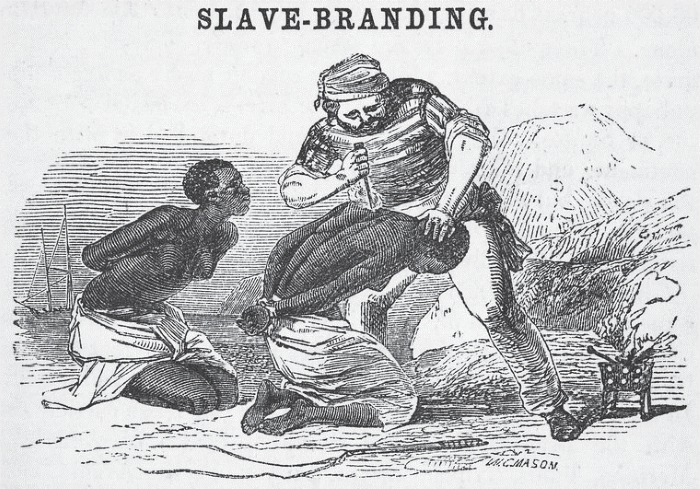
Read The Transatlantic Slave Trade Article Khan Academy
Economics And Slave Trade Slavery And Remembrance
West Africa Slavery And Remembrance
Transatlantic Slave Trade Slavery And Remembrance
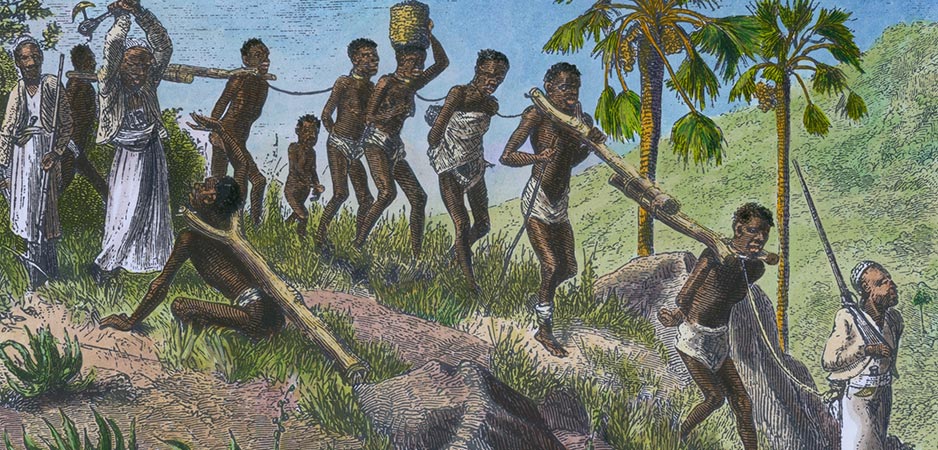
The Slave Trade Gave Rise To Racism
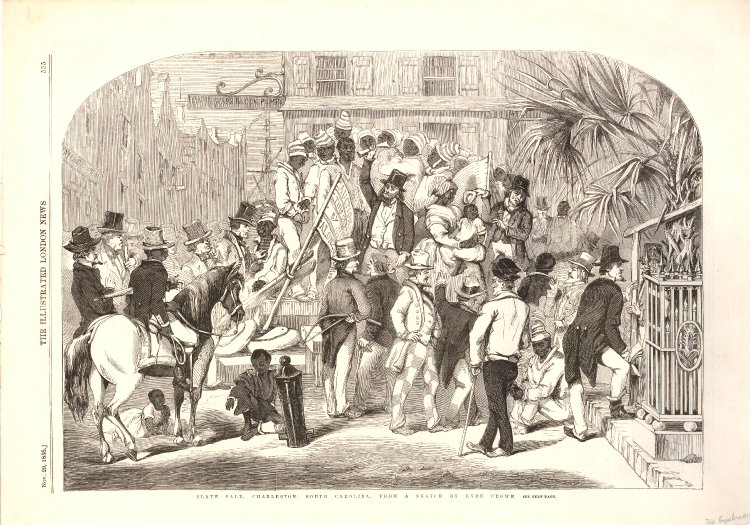
The Slave Economy Article Khan Academy
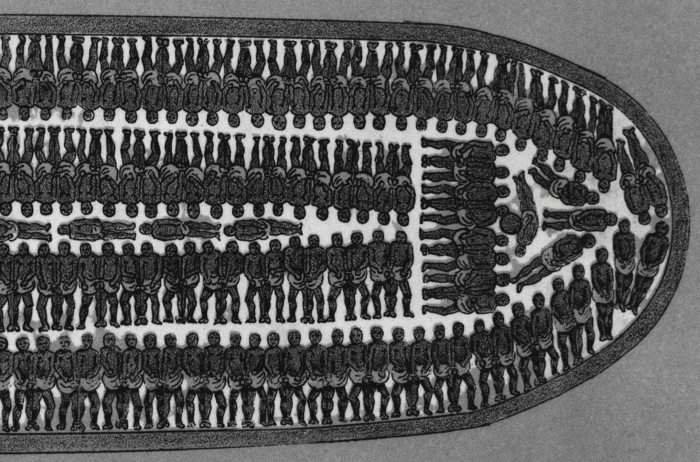
Read The Transatlantic Slave Trade Article Khan Academy
Slave Trade And African Underdevelopment Vox Cepr Policy Portal
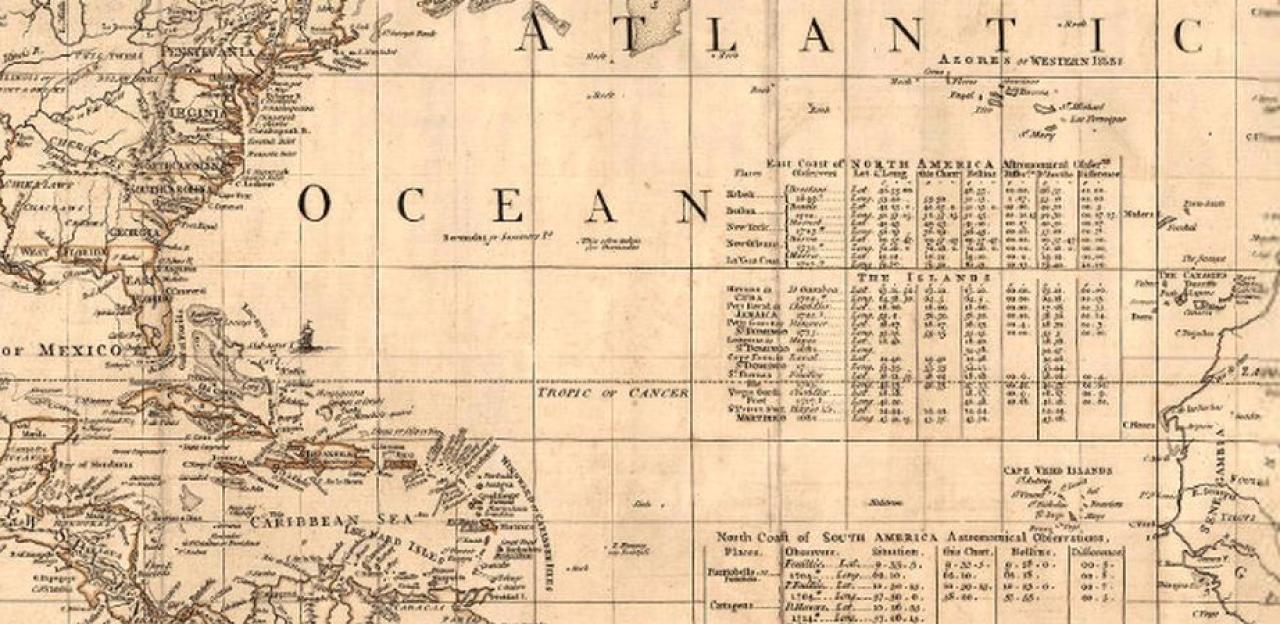
The Triangular Trade American Battlefield Trust

Transatlantic Slave Trade Key Facts Britannica

The Slave Trade Compromise Definition Commerce Video Lesson Transcript Study Com

A Few Random Thoughts On Capitalism And Slavery The Economic Historian
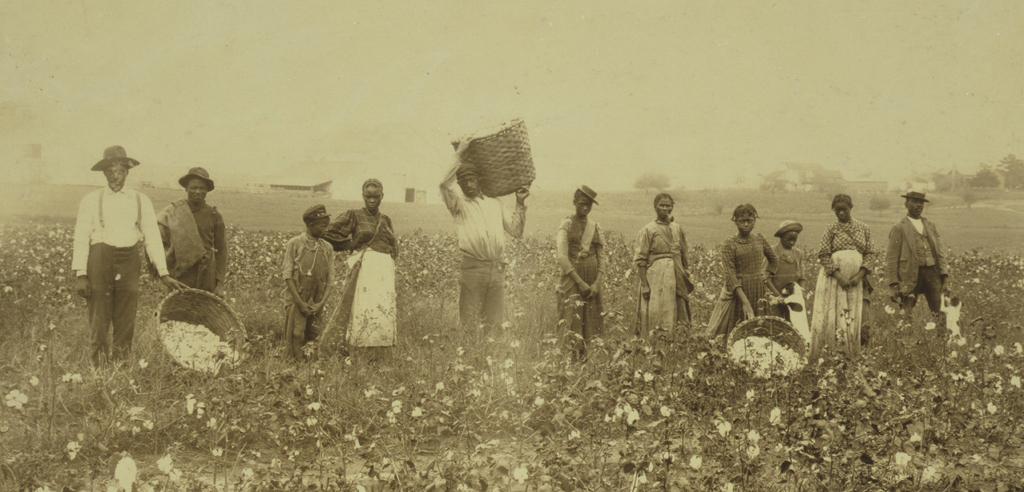
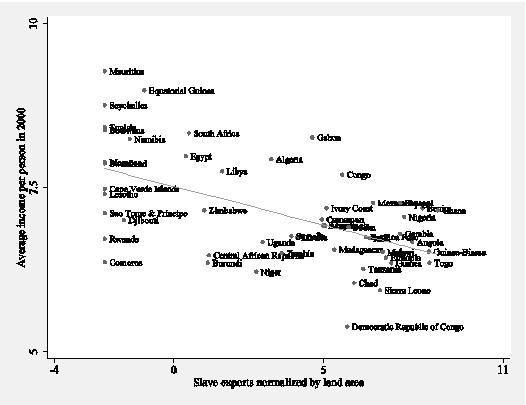
Post a Comment for "Slave Trade Economics Definition"